Tag: Rawlins (John A.)
 Wikipedia says: John Aaron Rawlins (February 13, 1831 – September 6, 1869) was a general officer in the Union Army during the American Civil War and a cabinet officer in the Grant administration. A longtime confidant of Ulysses S. Grant, Rawlins served on Grant’s staff throughout the war, rising to the rank of brevet major general, and was Grant’s chief defender against allegations of insobriety. He was appointed Secretary of War when Grant was elected President of the United States.
Wikipedia says: John Aaron Rawlins (February 13, 1831 – September 6, 1869) was a general officer in the Union Army during the American Civil War and a cabinet officer in the Grant administration. A longtime confidant of Ulysses S. Grant, Rawlins served on Grant’s staff throughout the war, rising to the rank of brevet major general, and was Grant’s chief defender against allegations of insobriety. He was appointed Secretary of War when Grant was elected President of the United States.
Rawlins was a self-made man who overcame an impoverished family background, scanty education, and an absentee father who was prone to drink. After studying law, Rawlins passed the bar in 1854 and started a practice in Galena, Illinois. He was a Douglas Democrat at the outbreak of the Civil War; a noted public speaker, he gave a notable pro-Union speech at the start of hostilities, and he soon became close friends with Ulysses S. Grant, a Galena resident, United States Military Academy graduate, and Mexican–American War veteran who had served in the Army for 11 years. Rawlins persuaded Grant to drill and muster a local volunteer militia company and send them to the state capital in Springfield so they could be inducted into federal service. After brief service in the Illinois militia as a mustering officer, Grant was soon recommissioned in the Army to serve under Union General John C. Frémont, commander of Union Army forces in the western United States. Rawlins also joined the Union Army and served primarily as an officer on Grant’s staff; his promotions were linked to Grant’s success on the battlefields and Grant’s advancement in the Union Army under President Abraham Lincoln. Rawlins contracted tuberculosis in 1863, but continued to serve on Grant’s staff during Reconstruction.
After Grant won the 1868 election and assumed the presidency in March 1869, he named Rawlins as his Secretary of War. With the exception of his approving the height of the Brooklyn Bridge, before construction, Rawlins’ brief tenure was mostly controversial. Rawlins supported insurrection against Spanish rule in Cuba, established an anti-Mormon policy for the Utah Territory, and reduced the authority of General William Tecumseh Sherman, Grant’s successor as commander of the Army. Rawlins’ tuberculosis continued to worsen, and he died in September 1869, five months into his term. Except for a 1916 biography, The Life of John A. Rawlins, by James Harrison Wilson, Rawlins’ short life is not well known, while Grant, perhaps protecting his own reputation, rarely mentioned him in his popular Memoirs, published in 1885. With Rawlins’ death, strong cabinet-level support for an independent Cuba ended, and did not become a priority until the Spanish–American War in 1898.
…In 1861, Rawlins took an active role in the organization of the 45th Illinois Infantry, in response to President Abraham Lincoln’s call for 75,000 volunteers, and Grant volunteered to help train the regiment. He was soon appointed commander of the 21st Illinois Volunteer Infantry Regiment, and requested that Rawlins become his aide-de-camp. Rawlins accepted and on August 30 he was appointed a captain in the regular Army and Assistant Adjutant-General of Volunteers. On September 14, Rawlins reported to Grant’s headquarters in Cairo. From this time forward, Rawlins remained by Grant’s side and became Grant’s most influential staff officer, advisor, and closest friend. Like most men at the beginning of the Civil War, Rawlins was not formally military trained, however, he was naturally suited for his position. As Grant rose in rank and responsibility, Rawlins was likewise promoted in roles of increasing responsibility and rank, including Chief of Staff of the Army of the Tennessee and Chief of Staff of the Military Division of the Mississippi. He was known for his great attention to detail, as well as being a stickler for proper protocol. On May 14, 1862 Rawlins was promoted to major, and on November 1 he was promoted to lieutenant colonel. Just before joining his staff, he exacted a pledge from Grant, who had a history of alcohol problems, not to drink during the war. He forbade the use of alcohol at headquarters and a year after joining the staff signed a pledge himself not to consume alcohol. During the war, Rawlins frequently scolded Grant for perceived derelictions with an impunity that often surprised onlookers.
Rawlins was promoted to brigadier general of Volunteers on August 11, 1863. When Grant was promoted to general in chief of all the Union armies, Rawlins became Chief of Staff of the General Headquarters of the United States Army. He was promoted to brevet major general on February 24, 1865, to brigadier general in the regular army on March 3, and brevet major general in the regular army on April 9.
Showing all 15 results
-
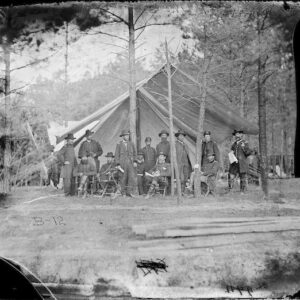
Image ID: ACAI
$4.99 – $6.99 -
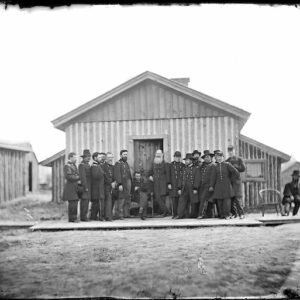
Image ID: ACEJ
$4.99 – $6.99 -
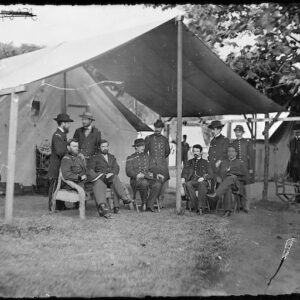
Image ID: ACYA
$4.99 -
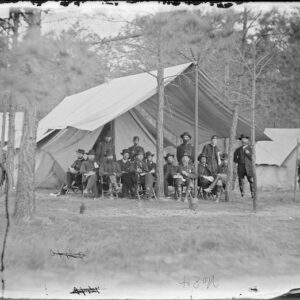
Image ID: ADEP
$4.99 – $5.99 -
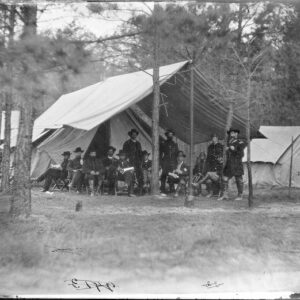
Image ID: AGDX
$4.99 -
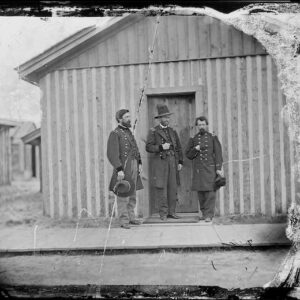
Image ID: AIET
$4.99 – $5.99 -
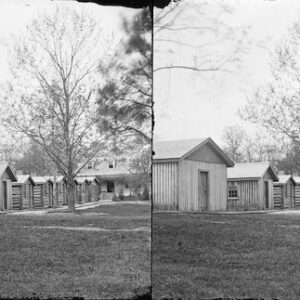
Image ID: AJEN
$6.99 -
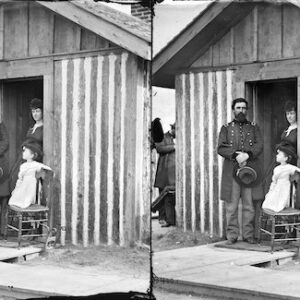
Image ID: AJEO
$6.99 -
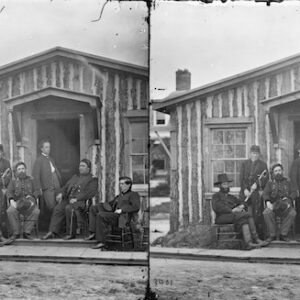
Image ID: AJEP
$6.99 -
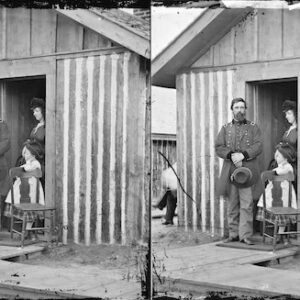
Image ID: AJEX
$6.99 -
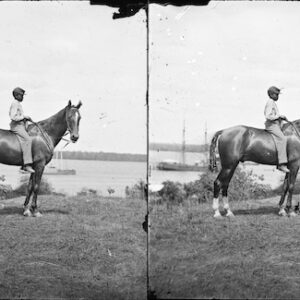
Image ID: AKSM
$6.99 -
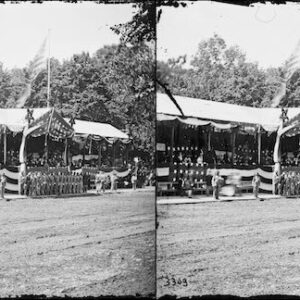
Image ID: ALIE
$6.99 -
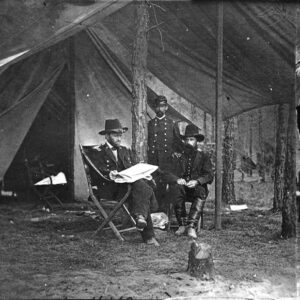
Image ID: ALVQ
$4.99 -
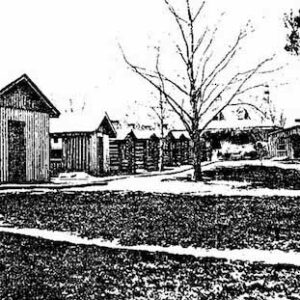
Image ID: AMRX
-
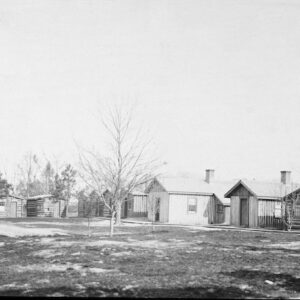
Image ID: AMSM
$6.99